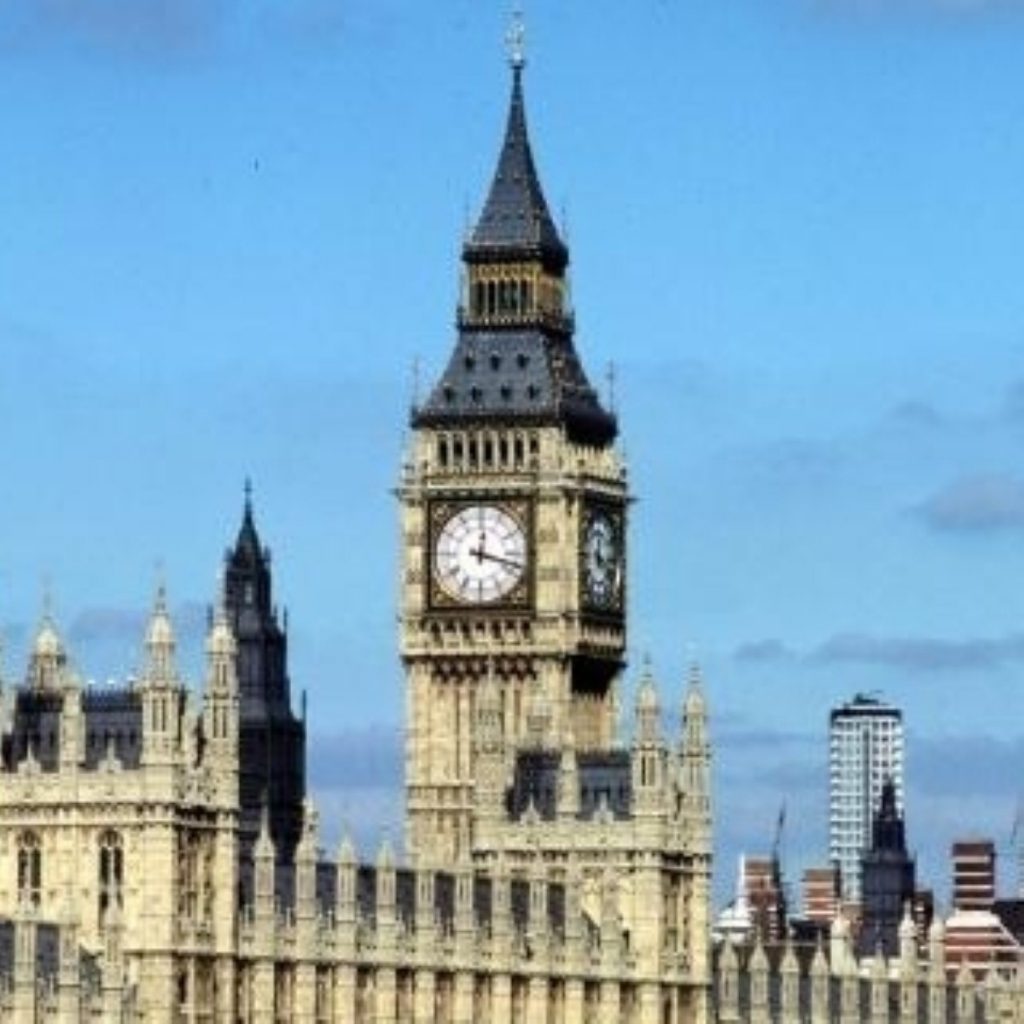Watchdog calls for tougher rules on MPs’ groups
All-party parliamentary groups (APGs) must be clearer about their links with lobbyists and other interested bodies, the standards watchdog has said.
Philip Mawer has called for more transparency about the consultants and firms who support these groups of MPs and peers, whether financially or by providing office space and stationery.
He wants changes to the 20-year-old rules governing APGs, to ensure they declare not only any firms who support them, but also those clients of the companies who have a direct interest in that group.
He recommends that that this information, which could also include detailing commercial supporters of any charities who help out APGs, be made clear on anything published by the group.


“APGs fulfill a valuable role as a forum in which members of both Houses and those outside parliament interested in a particular subject may meet to exchange information and views, and to advance a particular cause,” Sir Philip said.
But he added: “What must be avoided, in the public interest, is the provision of such assistance enabling outside bodies effectively to control such groups or to advance their concerns in covert ways.
“The keys to preventing this are vigilance by members in ensuring that they maintain control over the groups’ agendas and activities, and transparency about the influences playing on groups.”
Sir Philip’s comments, published yesterday, come after he found three all party groups (APG) had broken the parliamentary rules on declaring all their interests.
Following allegations made by The Times, he ruled that the groups on intellectual property, patient safety and pharmacy had failed to register the name of the client who has made a specific request that the APG in question be supported.
But Sir Philip did not uphold the complaints against the groups on export, fire safety and rescue, and mobile communications, because the client in question had not specifically asked the consultancy to help them out.
However, he said the mobile communications group did break the 1985 rules in failing to register some financial support it received for a seminar two years ago, and for an inquiry into mobile masts.
There are currently more than 440 APGs in parliament, an increase of nearly 400 per cent on 20 years ago, when there were just 148.
The committee on standards and privileges is now considering Sir Philips recommendations for a change in the rules.












